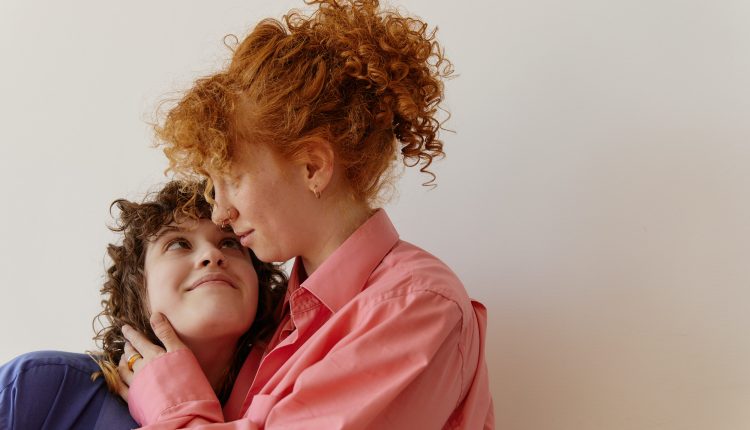Lesbian-Focused Health Tips For a Safe Sex Life
There are certain health risks to all women, but women who have sex with women are at an increased risk of specific health concerns. Your individual risks are shaped around the many factors that go beyond your orientation and practices, such as your family history and age. It’s important to understand the common risks associated with lesbian sex, and the steps you can take to ensure that you’re healthy and safe at all times. People always associate STIs with gay sex, but there are still sexually transmitted diseases to consider within lesbian relationships as well. For example, the HPV virus, bacterial vaginosis and trichomonas can spread between women. Likewise, oral, digital-vaginal or digital-anal contact, or using shared sex toys, can all spread infection. There is also a risk of sexual contact leading to HIV being spread, which is the virus that causes AIDs. There are ways to protect yourself against these infections though, from regular checks to medication.
As with anyone else, getting yourself checked for STIs regularly is very important. You and your partner should be tested, and you should never have unprotected sex with anyone unless you’re certain that you’re both clear of any diseases. Diseases can often be contracted without any symptoms, so being checked at a clinic is the only way to be sure that you’re both clean. Again, as with anyone, protection should be used to limit the spread of STIs. You can use dental dams or a condom that’s been split open during oral sex, and try not to share sex toys. Being monogamous is another reliable way to ensure that you’re both staying free of infections. In 2012, the Food and Drug Administration approved a drug named Truvada which is said to reduce the risk of sexually transmitted HIV infections in people who are high risks. It’s also used as an HIV treatment with other medications. You should limit the amount of alcohol you drink and don’t use drugs – these lower your inhibitions and could lead to you making unsafe choices. You should get vaccinated against HPV virus and hepatitis B.
Lesbians and bisexual women are, reportedly, at higher risk of anxiety and depression. This is particularly the case in young people who identify as gay, lesbian, transgender and bisexual. The contributing factors may include anything from social alienation or rejection from loved ones, to abuse or violence. This may also be more of a risk in lesbians who try to hide their orientation and sexual behaviour. The best way to combat this is to confide in a friend and share your feelings, to help you feel less alone and stressed by the situation. If you don’t feel like there is anyone you can turn to, you may benefit from counselling sessions where you can speak to someone trained in these matters. Likewise, lesbians and bisexual women may face unique risk factors for substance abuse, such as stress, the impact of sexism and discrimination, trauma from bullying and violence, or relying on bars and clubs for socialising and peer support. There are a number of groups and services available to help lesbians and gay people come to terms with their sexuality, and to deal with the impact it has on their mental, emotional and physical health in certain circumstances. The most important thing to do is to be vigilant of your health and ensure that you practice safe sex whoever you’re sleeping with.

Comments are closed.